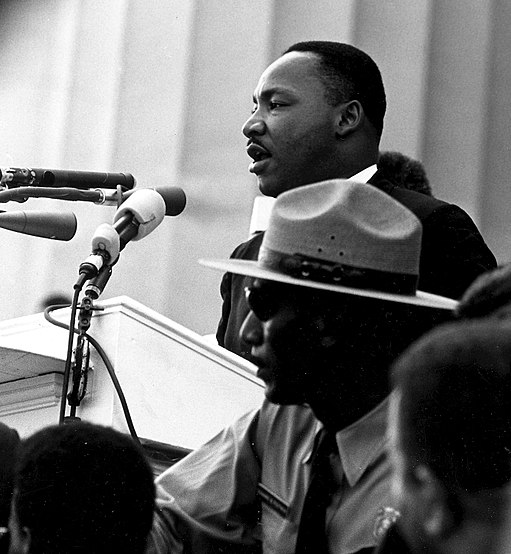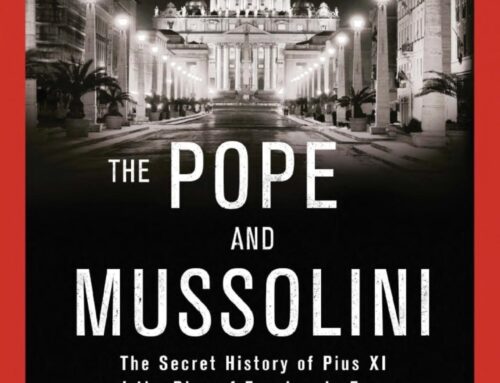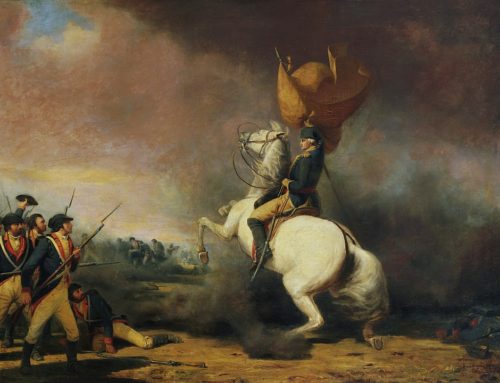Interview between David Rubinstein and Taylor Branch, best known for writing a trilogy of books chronicling the life of Martin Luther King
Introduction
I have thoroughly enjoyed, The American Story, a compilation of interviews between David Rubinstein and leading historians. Taylor Branch spent 24 years writing books about Martin Luther King and the Civil Rights Movement
Interview
Montgomery Bus Boycott (1955)
This yearlong boycott was a turning point in the civil rights movement for several reasons: (1) it launched the civil rights leadership of Martin Luther King Jr. (2) the success of the boycott in economically challenging Jim Crow and the Supreme Court Ruling outlawing segregated buses in intrastate travel led directly to the Sit-in Movement. In turn the sit-in movement led to the 1963 March on Washington
Wiretapping of Martin Luther King
Attorney General Robert Kennedy approved J. Edgar Hoover request to wire tap King. Henceforth, both Robert and John Kennedy were subject to blackmail by Hoover who could release this information.
Hoover hated King, believing that he was a Communist agitator.
March on Washington, August 1963
Protest March when some 250,000 people peacefully gathered in front of the Lincoln Memorial. In 1941 A. Philip Randolph, head of the Brotherhood of Sleeping Car Porters, planned a mass march on Washington to protest blacks’ exclusion from World War II defense jobs and New Deal programs. In response, a day before the planned March, Franklin Roosevelt met with Randolph and issued an executive order forbidding discrimination against workers in defense industries and establishing the Fair Employment Practice Committee (FEPC) to investigate charges of racial discrimination. In return Randolph called off the march. In the mid 1940’s, Congress cut off funding to the FEPC. It would be 20 years before the Equal Employment Opportunity Commission (FEOC) was formed.
I Have a Dream Speech
Because Martin Luther King was such an outstanding speaker, he was properly scheduled to be the last speaker. King had a unique ability to sense the mood of the crowd. In the middle of his speech King threw away his prepared speech and came up with his famous words about “I have a Dream.” Because the speech was late in the day, neither the New York Times nor the Washington Post made reference to it the next day. However, President Kennedy, who did not attend the march, invited King and the other civil rights speakers to the White House. When Kennedy saw King, Kennedy said, “I have a dream!”
The March on Washington was significant because it created the momentum for Kennedy to support a Civil Rights Bill. Under Kennedy’s successor, Lyndon Johnson, Congress passed the 1964 and 1965 Civil Rights Acts.
1964 Civil Rights Act
Outlawed discrimination based on race, religion, sex or national origin. Congress asserted its right under the interstate commerce commission
1965 Civil Rights Act
Outlawed discriminatory voting practices in many Southern states.
While privately Kennedy supported Civil Rights, he was ambivalent about making it a centerpiece of his legislative agenda. In 1960 Kennedy won the White House by less than 1%. He needed the support of the Solid South to win reelection in 1964.




